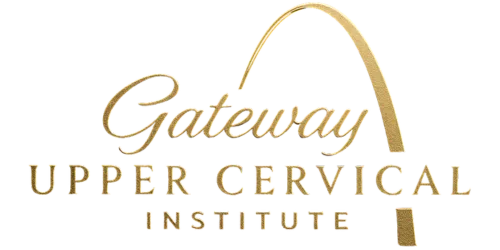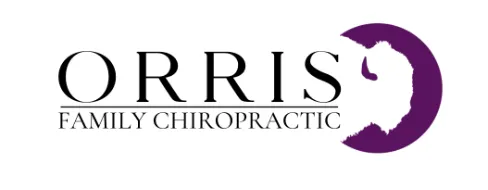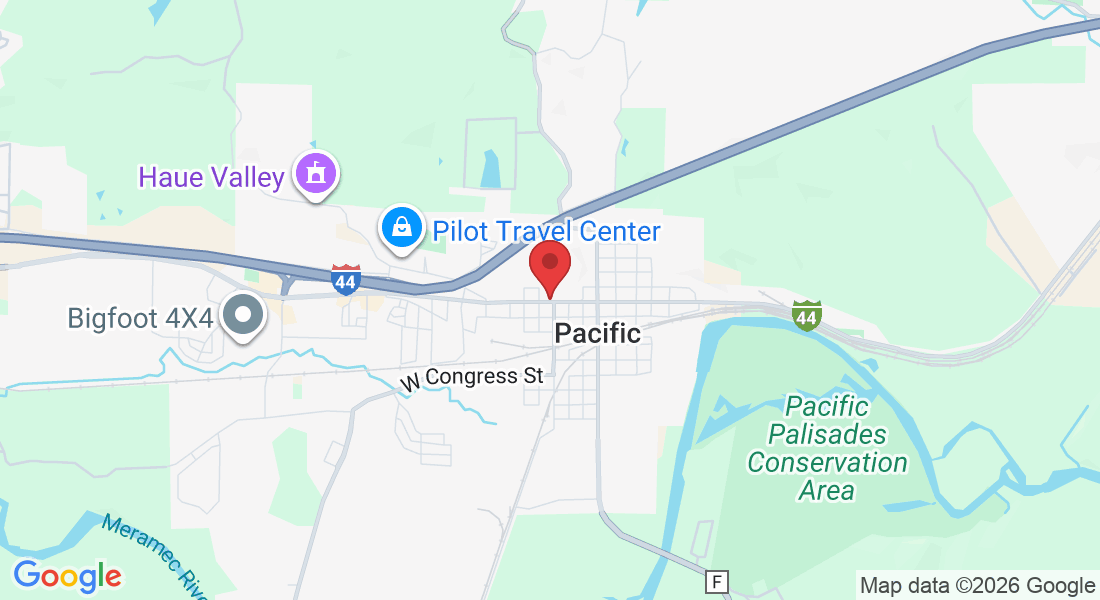Concussions and mTBI
Why they persist — and how a precise upper cervical approach can help, especially when nothing else has.
If you’ve been dealing with concussion or mTBI symptoms and not getting results, you’re not alone. Most treatments focus on the head alone, but the true cause often lies deeper — in how the upper neck and brainstem communicate. That’s where upper cervical care can make a difference.
In fact, due to the forces required for a concussion or mTBI, almost all head injuries have a whiplash or cervical component.
Common Patterns of Injury
Concussion (mTBI / mild traumatic brain injury): Often caused by a blow, fall, sports impact, or jolt to the head or body that causes the brain to move rapidly inside the skull.
Post-concussion syndrome (PCS): Persistent symptoms following an initial injury — such as headaches, dizziness, brain fog, sleep problems, balance issues, or visual/vestibular concerns.
Neck-related injury accompanying the concussion: Many concussions include damage to the upper neck structures (ligaments, joints, muscle tension) which may contribute to lingering symptoms.
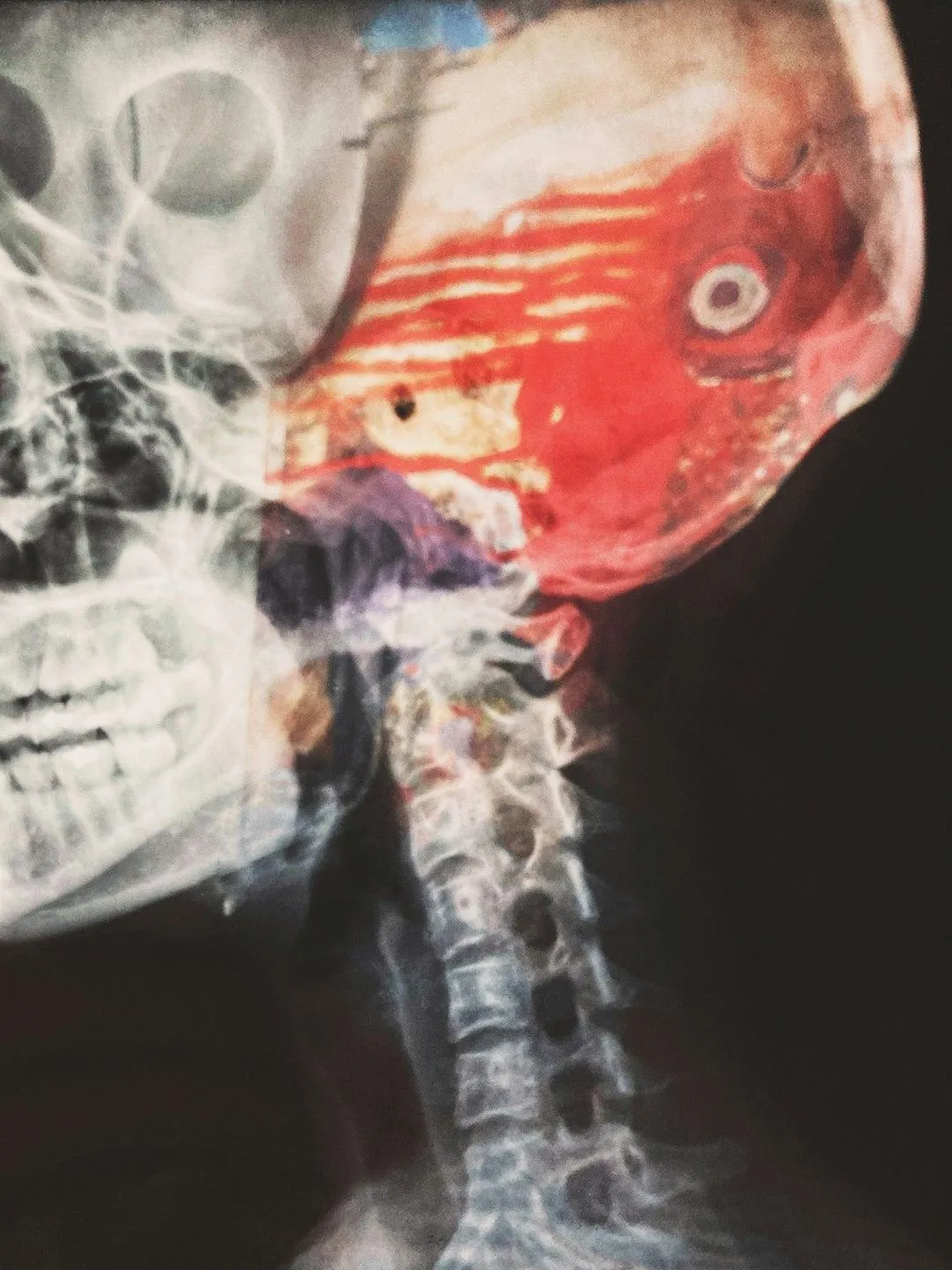
Why Concussions Don’t Always “Heal” on Their Own
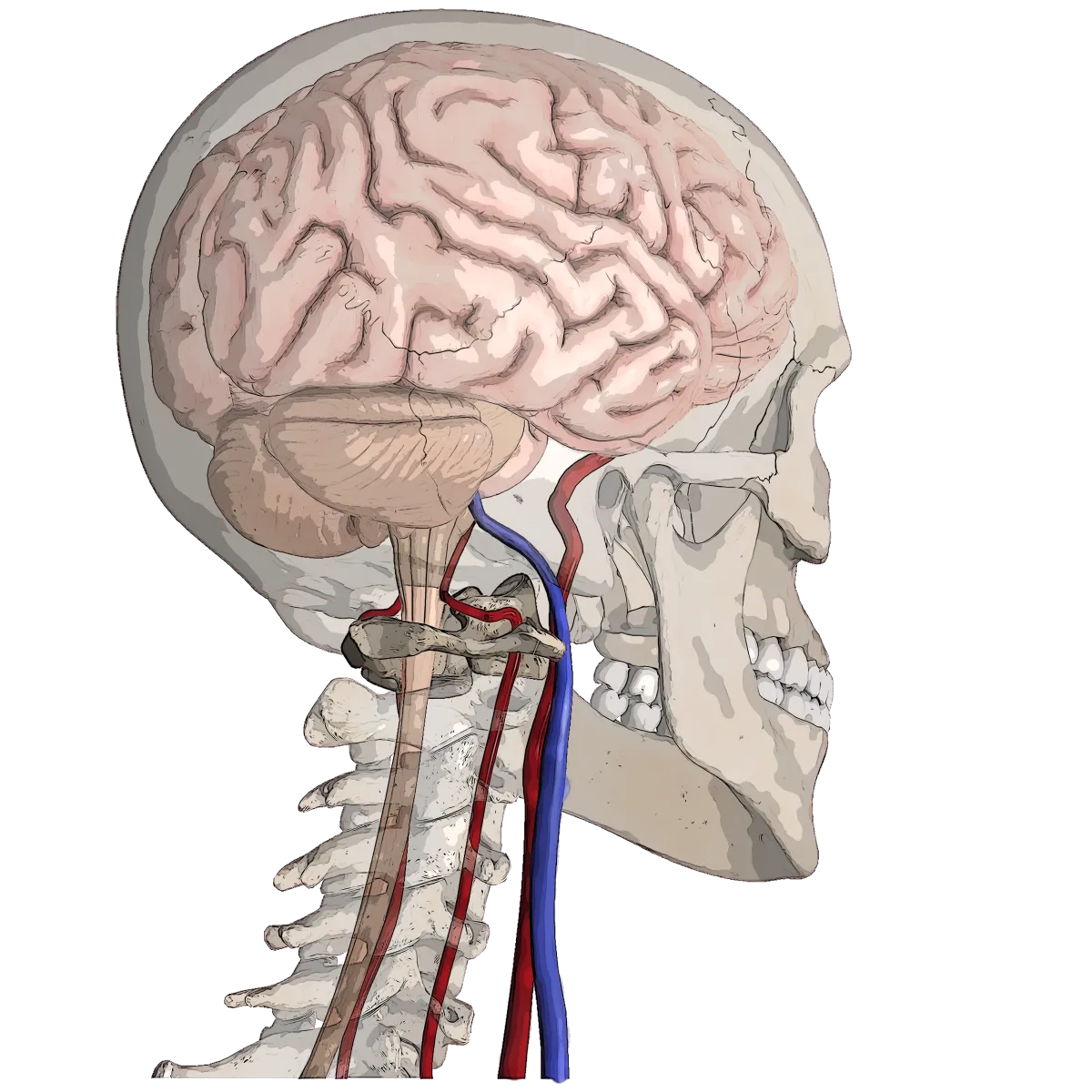
When most care focuses on the brain alone, underlying neck and structural issues often go overlooked. At the same time:
Traumatic forces sufficient to injure the brain (hundreds of G’s) exceed by far the much lower forces needed to injure the soft tissue and joints of the upper cervical spine.
Misalignment or injury at the top of the spine (atlas/axis region) can irritate the brainstem, interfere with cerebrospinal fluid (CSF) circulation, and disturb vertebral artery blood flow — all of which may prolong or amplify post-concussion symptoms.
Symptoms like dizziness, imbalance, visual-vestibular dysfunction, neck pain, brain-fog, and fatigue often have a cervical contribution — especially when symptoms persist beyond usual recovery time.
How Upper Cervical Care Works for Concussion & mTBI
Comprehensive Assessment & Imaging: We evaluate your injury history, symptom timeline (head injury, whiplash, sports impact, etc.), and use specialized imaging to assess subtle misalignments in the atlas/axis region.
Gentle, Precise Correction: Using our advanced, measurement-driven upper cervical protocol, we address misalignment of C1/C2 with minimal force, avoiding twisting or cracking. The goal is to restore proper structure so the nervous system can function optimally.
Healing & Stability Plan: Since concussion recovery involves brain, neck, vestibular, visual and autonomic systems, we integrate the correction with supportive measures (vestibular/vision rehab referral as needed, posture/sleep/fluids, neck-specific stability) to help your correction hold and your symptom burden reduce.
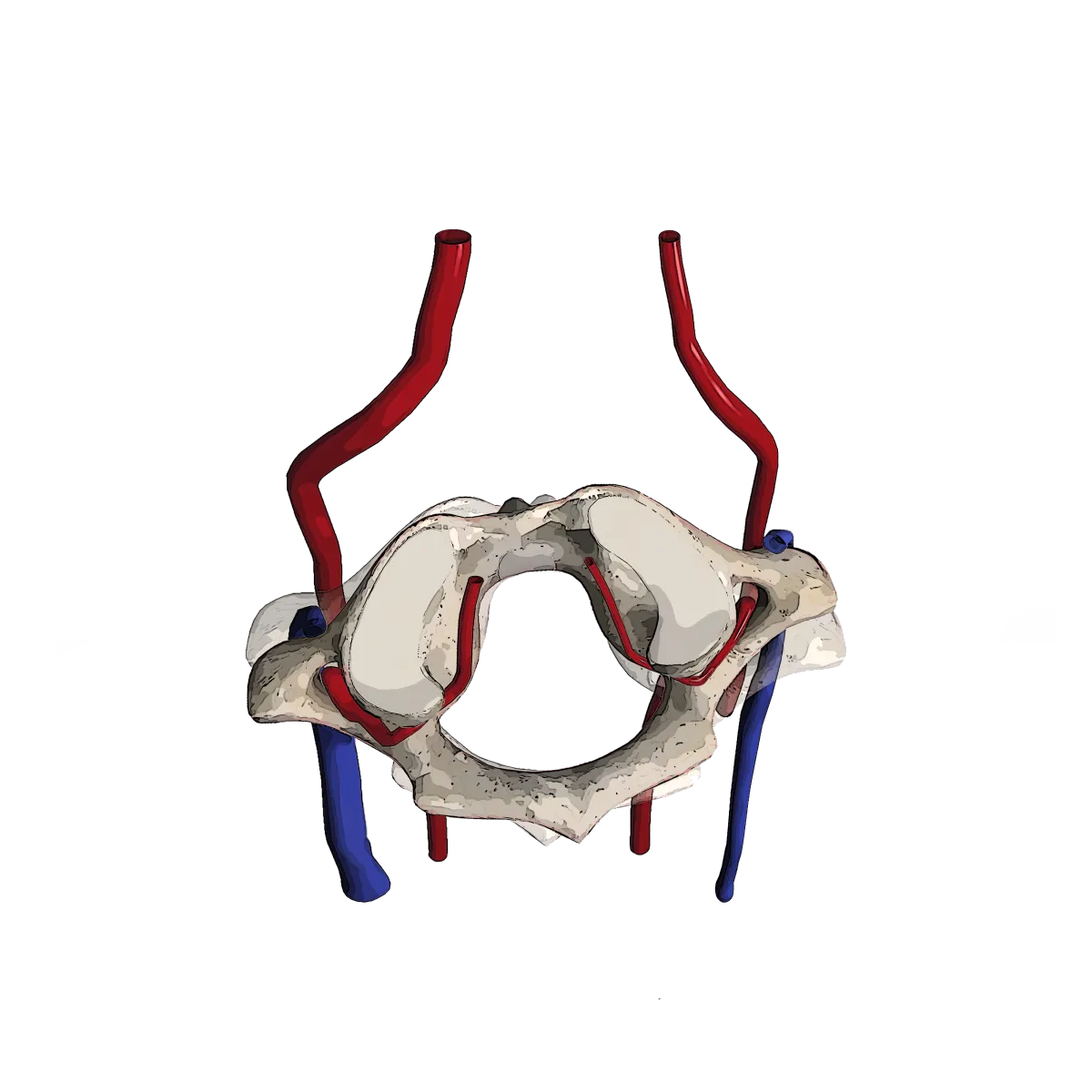
Let's take care of this concussion!
What Makes Our Approach Different
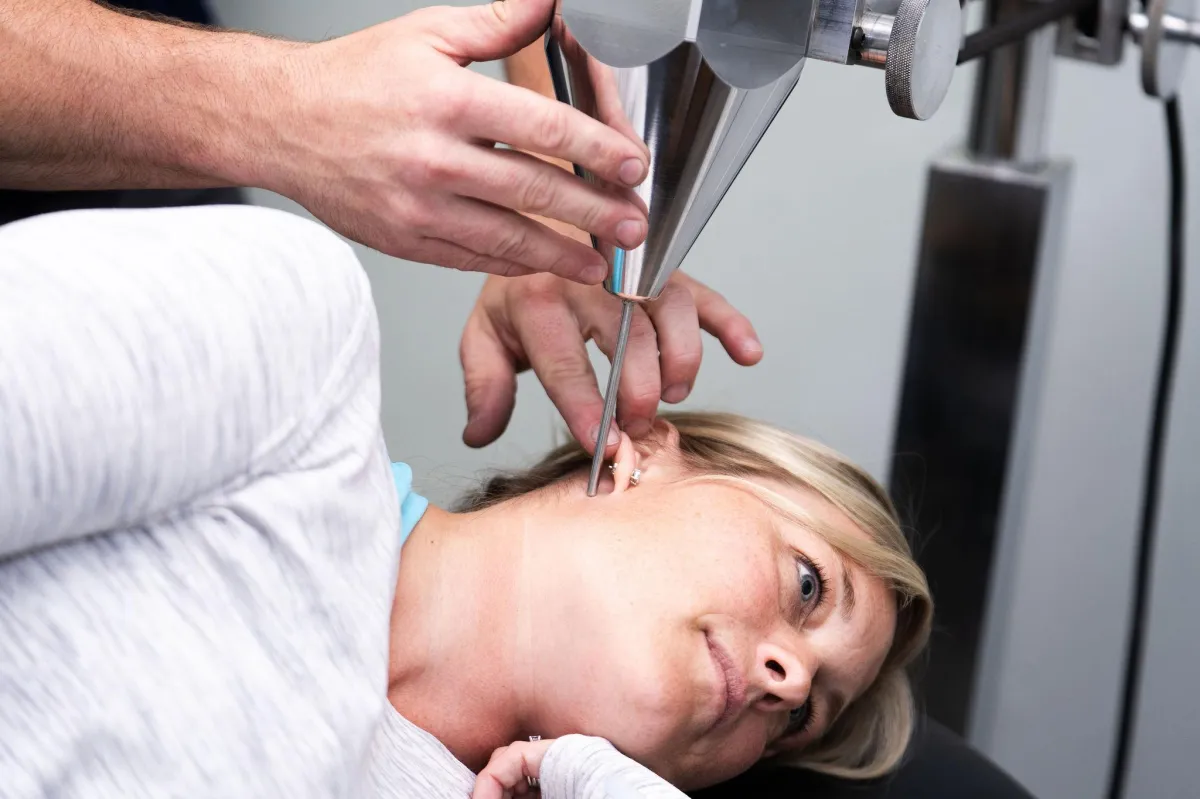
At Gateway Upper Cervical, we use a measurement-driven, Advanced Orthogonal approach designed to be gentle, reproducible, and long-lasting — no twisting, popping, or cracking.
The goal isn’t to move your neck a lot — it’s to move it precisely so it can hold.
Precision X-Rays
Advanced imaging to detect subtle misalignments other scans overlook.
Measurements customized to your exact anatomy.
Clear before-and-after comparisons to verify results.
Precision Correction
Calculated angle, vector, and depth based on your X-rays.
Gentle, sound-wave-based adjustment — no torque or forceful motion.
Designed for stability so your correction holds longer.
Precision Results
Verified improvement in alignment and balance.
Fewer headache days, less intensity, shorter duration.
Real-life outcomes: clearer focus, steadier energy, and more normal days.
Is This Right for You?
You should consider this approach if:
You experienced a head or neck injury (impact, fall, collision, sports-trauma) and still deal with headaches, dizziness, foggy cognition, balance issues, sleep disturbance or visual/vestibular symptoms.
You’ve undergone standard concussion recovery steps (rest, symptom-based care, PT, vision/vestibular therapy) but aren’t seeing the sustained improvement you expected.
You notice your symptoms worsen with neck movement, postural changes, travel, screen exposure or when your neck feels tight, stiff or sore.
You’re ready for an evaluation that goes beyond symptom-management and targets structural, neurological and functional roots of the problem.
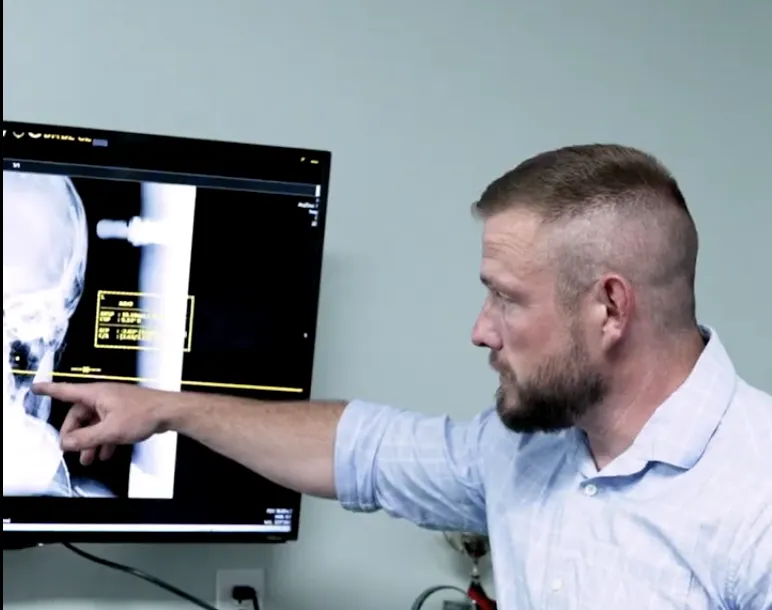
What to Expect At Gateway Upper Cervical Institute
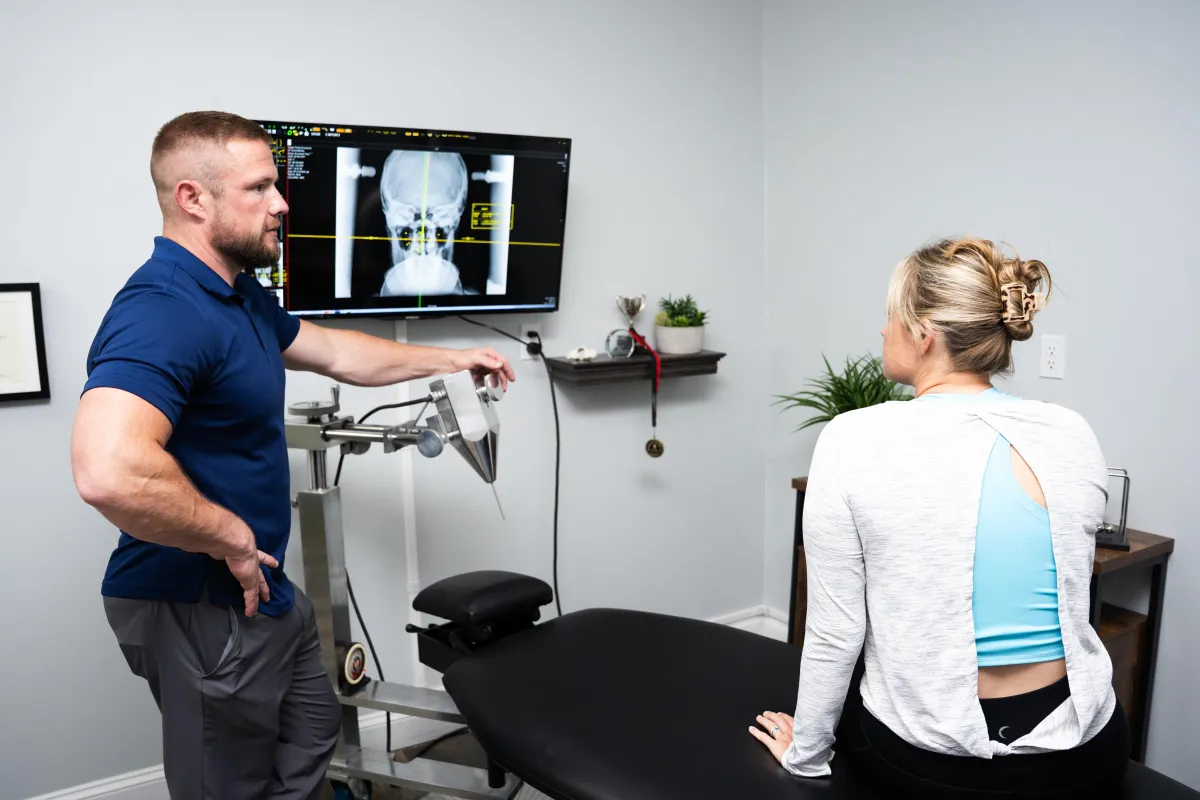
Consult & Exam: We take a detailed history of your head/neck injury, track which symptoms persist, and perform neurological/vestibular/neck-mobility testing.
Precision Imaging: We capture exact alignment of your upper cervical spine to identify misalignments invisible in standard brain-oriented imaging.
Correction: A highly-specific upper cervical correction is delivered to restore optimal alignment and minimize interference with nervous system and vascular/CSF flow.
Re-check & Stabilize: We closely monitor how well the correction holds, check symptom trends (headache days, dizziness, cognition, sleep, vestibular symptoms) and integrate neck-/posture/home-care strategies so your body can heal.
Referral & Collaboration: Because concussion/PCS often involves multiple systems, we’ll coordinate with vestibular/vision specialists, PT, neurology or other providers as needed to give you a full-spectrum recovery plan.
For out-of-town guests, we offer a one-week Intensive Care Program with on-campus lodging options.
We don’t just go by how you feel — we measure progress.
Symptoms ↓ — Less frequent, less intense.
Resilience ↑ — Fewer symptoms, faster recovery.
Verified Change ✓ — Post-correction checks and imaging confirm improvement.
Frequently Asked Questions
Is upper cervical care safe if I’m sensitive to neck treatment?
Yes. Our method is extremely gentle and low-force — no twisting, popping, or cracking. In fact, with Advanced Orthogonal Technique, we use a very specific soundwave that is not even felt by the patient.
Will I need a lot of visits?
Not necessarily. The goal is to help your correction hold so you don’t need constant adjustments. Early on, we monitor more closely, then extend visits as you stabilize.
What if I’ve tried everything and nothing helped?
That’s exactly who we help most often... Even if you've seen other chiropractors. When the head-neck balance point is corrected precisely, people who’ve struggled for years often see real progress.
Do you coordinate with other providers?
Yes. We collaborate with primary care, neurology, PT, dental/TMJ, and vision/vestibular professionals to ensure a cohesive plan.
Is imaging always required?
Yes — precision is the point. Imaging allows us to calculate an exact, individualized correction that’s both gentle and effective.
Ready to get your head on straight?
If nothing else has helped, a precise upper cervical correction may be the missing link.
Let’s find out together.
This page is for informational purposes only and not a substitute for medical diagnosis or emergency care.
Get In Touch
Email: [email protected]
Address
Office: 409 West Osage, Pacific, MO 63069
Phone Number:
(636) 271-2960
Visit Our Parent Company:
